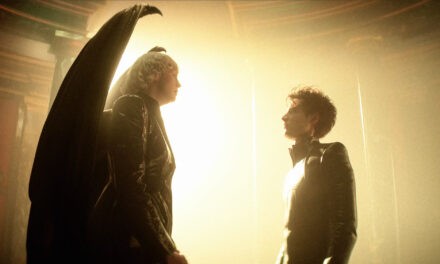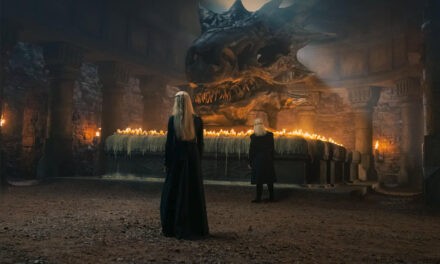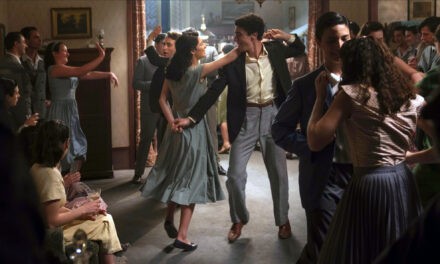Edited by Alyson R. Buckman, Juliette C. Kitchens, and Katherine A. Troyer
Co-editors Alyson R. Buckman, Juliette C. Kitchens, and Katherine A. Troyer invite proposals or completed, previously unpublished essays for a scholarly anthology on the representation of trauma, memory, and disability in the works of Joss Whedon. While scholarly texts on the Whedonverse are numerous, less work has been done on the construction of trauma, memory, and disability within these works.
Proposals should demonstrate a strong thesis and a clearly articulated methodology as well as familiarity with the many published works on Joss Whedon and his associated productions (i.e. Whedon studies and pop culture/media studies). In this collection, the editors hope to showcase well-researched, nuanced studies with an array of scholarly approaches and texts. We seek essays that explicitly connect at least one of the keywords in the title (trauma, memory, disability) to a critical reading of one or more of the works of Joss Whedon. Possible topics include but are not limited to:
- The depiction of memory, whether written, embodied, or other
- Traumatization of characters and/or audience
- The relationship between disability and trauma and/or memory
- How recalled and written memories function in relation to narrative and/or fan and creative communities
- The relationship between adaptation and/or transmediation and disability and trauma and/or memory within Whedon works
- Embodiments or representations of trauma and memory (ex. Gnarl, the demon of “After Life,” Claire Saunders’ scars, Lindsey’s hand, the Watchers’ diaries, the artifacts and rituals of The Cabin in the Woods, River vomiting in Serenity, etc.)
In addition to texts in the field, the editors expect familiarity with Slayage: The Journal of the Whedon Studies Association (www.whedonstudies.tv), Watcher Junior: the Undergraduate Journal of Whedon Studies and the Whedonology Academic Whedon Studies Bibliography (http://www.whedonstudies.tv/whedonology-an-academic-whedon-studies-bibliography.html).
Proposals should be 200-300 words, and should include the following:
- a title reflecting your argument;
- a clear statement of your argument/thesis and/or key research questions;
- an identification of the work(s) that will be the focus of your study;
Additionally, all proposals must include a short bio (no longer than 75 words) including your institutional affiliation, if any, as well as research interests and education.
Editors invite queries, completed essays, and/or abstracts for chapter-length (7,000-8,000 words) projects to whedonverseanthology@gmail.com by December 15, 2018. Selected contributors will be notified by January 15, 2019. (Please note that the acceptance of your abstract does not guarantee your chapter’s inclusion in the collection.)
Alyson Buckman, California State University, Sacramento/ abuckman@csus.edu
Juliette C. Kitchens, Nova Southeastern University/ juliette.kitchens@gmail.com
Katherine A. Troyer, Trinity University/ ktroyer@trinity.edu





